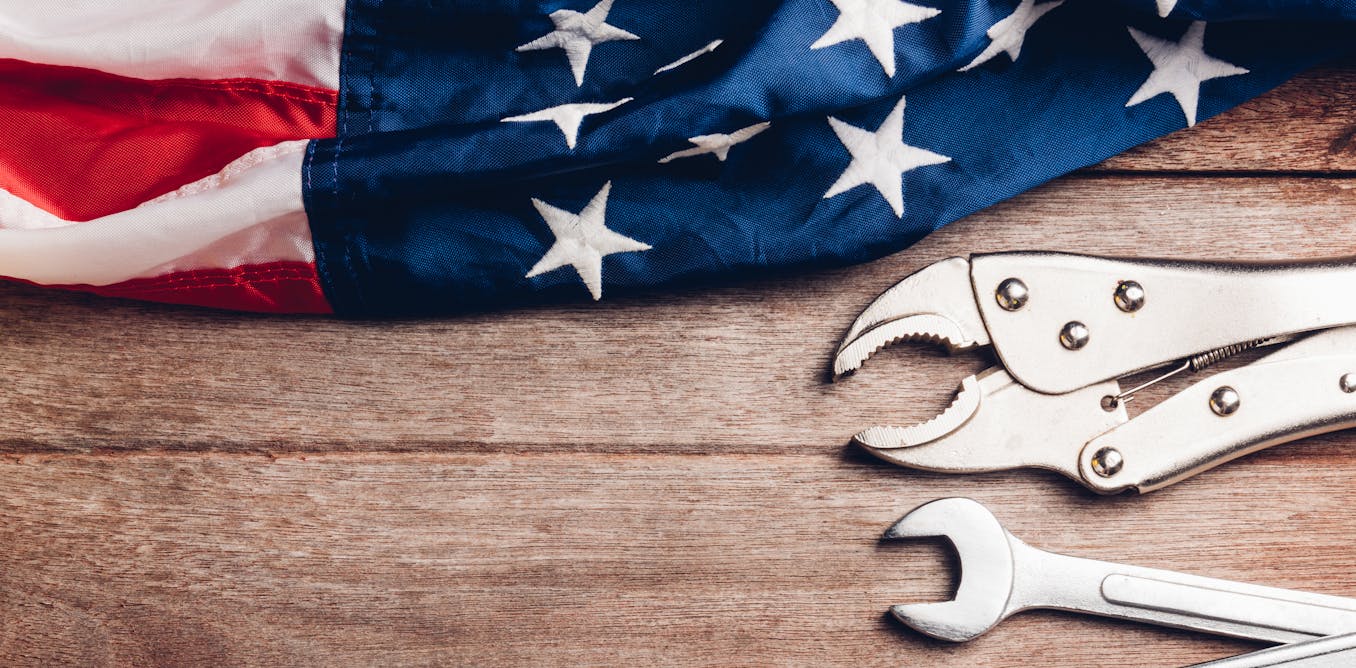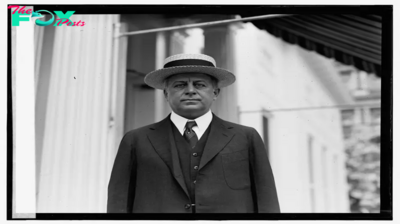Politics
What to do when an employee dies – Mary T. O’Sullivan
by Mary T. O’Sullivan, MSOL, contributing writer on business leadership
“An employee’s death can devastate a team, costing millions in lost productivity, engagement, and innovation.” – Kim Hamer, “Death at Work” Consultant
At 10:00 AM on a Monday morning, three people sat in a meeting. The meeting progressed, until one person happened to lean over. The other two thought he had dropped his pencil, but in fact, he had slumped over, collapsed, and died. A high school principal pulled over on his way home from work, exited his car, and leaned over his hood. He died immediately from a massive heart attack. It’s more common than you may think, a death in the workplace. I can recall several other times when a fellow employee or their spouse died. It was awkward, and many times, no one seemed to know what to say or do.
A secretary’s husband died. When I saw her in the ladies’ room, I didn’t know what to say. A new employee died in his hotel room, found after a wellness check. A manager died after his body could no longer tolerate his cancer treatments. A co-worker and I attended his services. Seeing his wife and family grieving and his body on full display in a totally open casket, reminded us that life is short, and filled with uncertainty. We wondered how we could go back to work after the funeral. A pall came over the office, and we couldn’t focus.
It’s a rare occurrence, and no one seems to know how to address it. What happens when an employee or an employee’s close family member dies? People take their bereavement leave, but how does their loss impact their team? Even worse, when a fellow team member dies, what’s the impact on the business? How should people react? What should be said or done? The business must carry on and continue to be productive, but grieving is an important part of the human experience, and people want to get “back to normal” as soon as possible, but normalcy seems far off.
According to the Society of Human Resource Management (SHRM), it’s up to leadership to help staff recover from a death of a coworker. In their article, “Leading Through Grief”, SHRM quotes an expert on the topic: “The leader must acknowledge the pain, understand it and personalize it…” SHRM warns against these missteps following a death: minimizing the death and turning away from the reality too soon. People need time to process grief, and all the emotions attached to it. Grief won’t just go away, but silently gnaw at people without proper time to reflect and absorb the event.
Statistics from the Occupational Health and Safety Administration (OSHA) shows that 13% of all deaths from cardiac arrest happen at work. The number is higher when accidents on the job are factored in. Crash carts and defibrillators have become as commonplace in the workplace as fire extinguishers. It goes without says that preparing workers for the aftermath of a sudden, unexpected death at work makes sense with these statistics. Most importantly, grieving should not be seen as a weakness. No one should hear the words “just get over it” or “let’s move on”.
Kim Hamer, founder of Workplace Grief, has launched an entire program to teach leaders and workers how to deal with death at work. On her YouTube channel, she explains, “Studies show that an employee’s death or death of an employee’s partner lowers retention, reduces productivity, and negatively affects revenue long term.” Additionally, OSHA’s research shows that “a death costs the employer 175 percent of that worker’s annual salary…” Another study conducted by the Grief Recovery Institute found that” the annual loss in productivity due to grieving employees exceeds $75 billion.” People who experience a death at work can become depressed, have higher injury rates, and a higher use of alcohol or drugs. In other words, they’re not ready to perform their duties as usual.
Most researchers agree that employers can no longer ignore grieving workers. Options such as grief counseling or even an individual counselor can alleviate the impact of death on employees. HR needs to be in close contact with its Employee Assistance Program (EAP) for guidance in finding the right help. And leaders need to avoid a mass email notification. Save causing shock to direct reports. It’s common courtesy to inform team members in person or by phone. SHRM also recommends allowing some time for speaking about the deceased person. People will want to talk about the relationship they had and how the loss impacts them. These actions help workers’ morale, mental Health as well as their job performance.
The experts know that a death of a coworker devastates a team. On the positive side, a coworker’s death offers leaders the opportunity to grow by learning an important leadership lesson: how to balance empathy, understanding with productivity. Paying attention to workers’ grief is one effective way to build resilient and more closely knit teams. Most significantly, show compassion, and acknowledge that, as the leader, you understand your workers’ grief.
“These are the moments that matter in a workplace, and sometimes we need to throw out the playbook and acknowledge that someone we know has died.” – Mita Mallick, DEI expert
___

Connect with Mary:
www.encoreexecutivecoaching.com
Buy My Book
https://www.linkedin.com/in/marytosullivan
Read all Mary’s columns here: https://rinewstoday.com/mary-t-osullivan-msol-pcc-shrm-scp/
–

Mary T. O’Sullivan, Master of Science, Organizational Leadership, International Coaching Federation Professional Certified Coach, Society of Human Resource Management, “Senior Certified Professional. Graduate Certificate in Executive and Professional Career Coaching, University of Texas at Dallas.
Member, Beta GaMMA Sigma, the International Honor Society.
Advanced Studies in Education from Montclair University, SUNY Oswego and Syracuse University.
Mary is also a certified Six Sigma Specialist, Contract Specialist, IPT Leader and holds a Certificate in Essentials of Human Resource Management from SHRM.
-

 Politics23h ago
Politics23h agoAmericans agree politics is broken − here are 5 ideas for fixing key problems
-

 Politics23h ago
Politics23h agoGraduate students explore America’s polarized landscape via train in this course
-

 Politics1d ago
Politics1d agoThe Last Time the Senate Rejected a President’s Cabinet Nominee of the Same Party
-

 Politics1d ago
Politics1d agoICC arrest warrants for Israel’s Netanyahu and Hamas leader doesn’t mean those accused will face trial anytime soon
-

 Politics1d ago
Politics1d agoDenmark’s uprooting of settled residents from ‘ghettos’ forms part of aggressive plan to assimilate nonwhite inhabitants
-

 Politics1d ago
Politics1d agoPolice Report Reveals Assault Allegations Against Pete Hegseth
-

 Politics2d ago
Politics2d agoWhy Trump Actually Needs Mexico
-

 Politics2d ago
Politics2d agoMan Convicted of Killing Laken Riley Sentenced to Life in Prison Without Parole



























